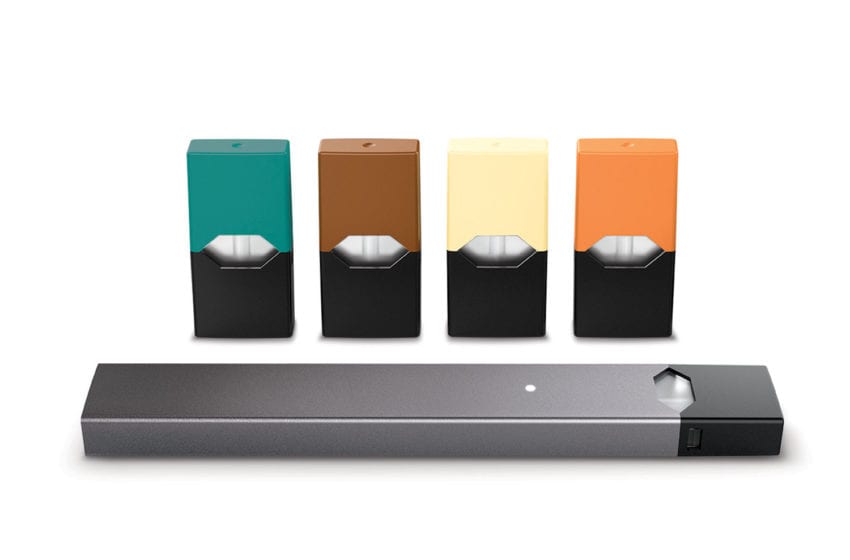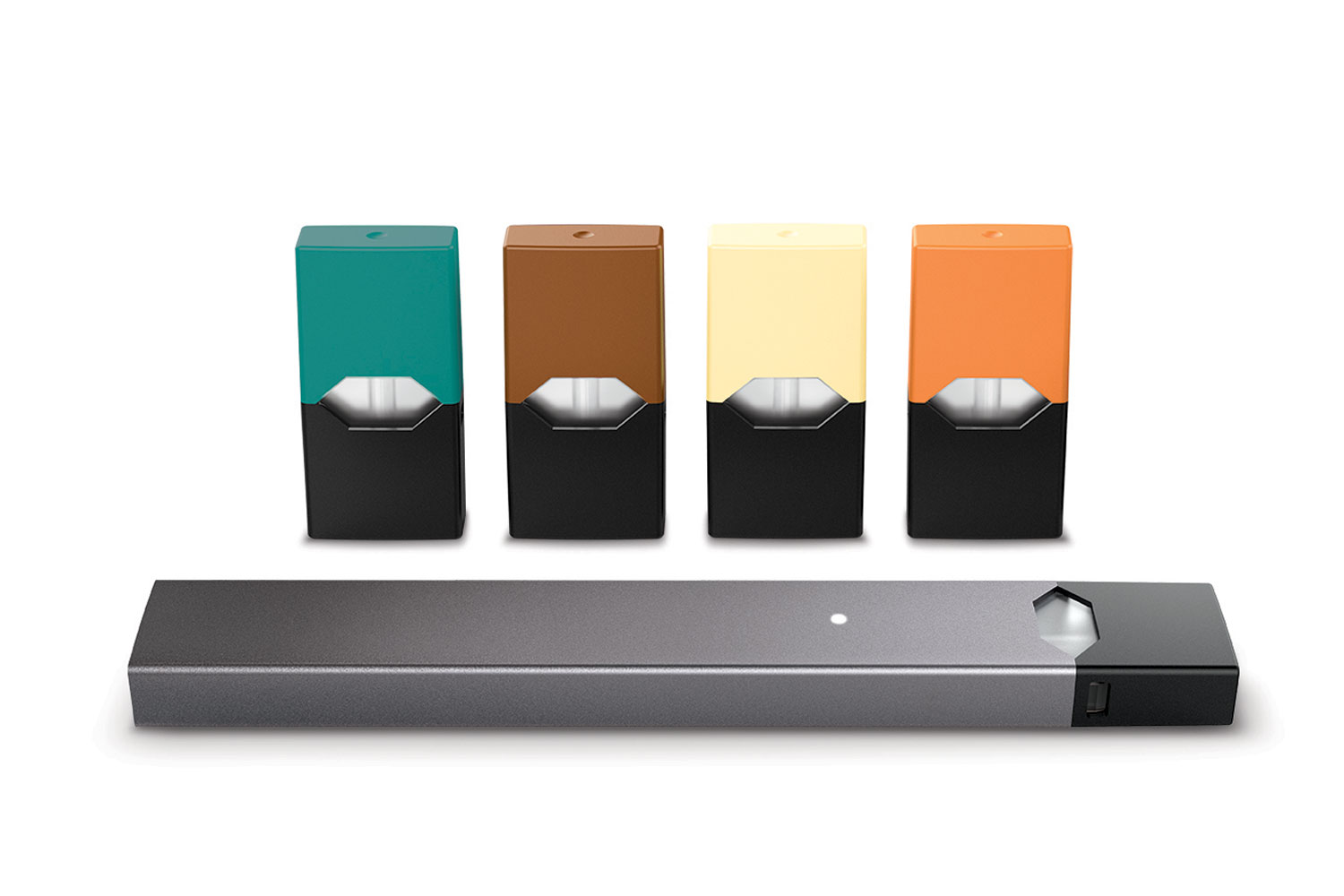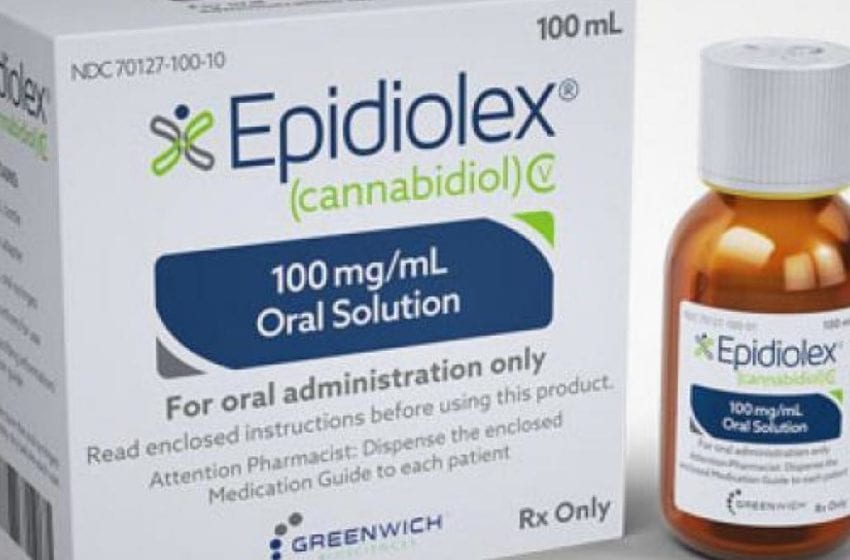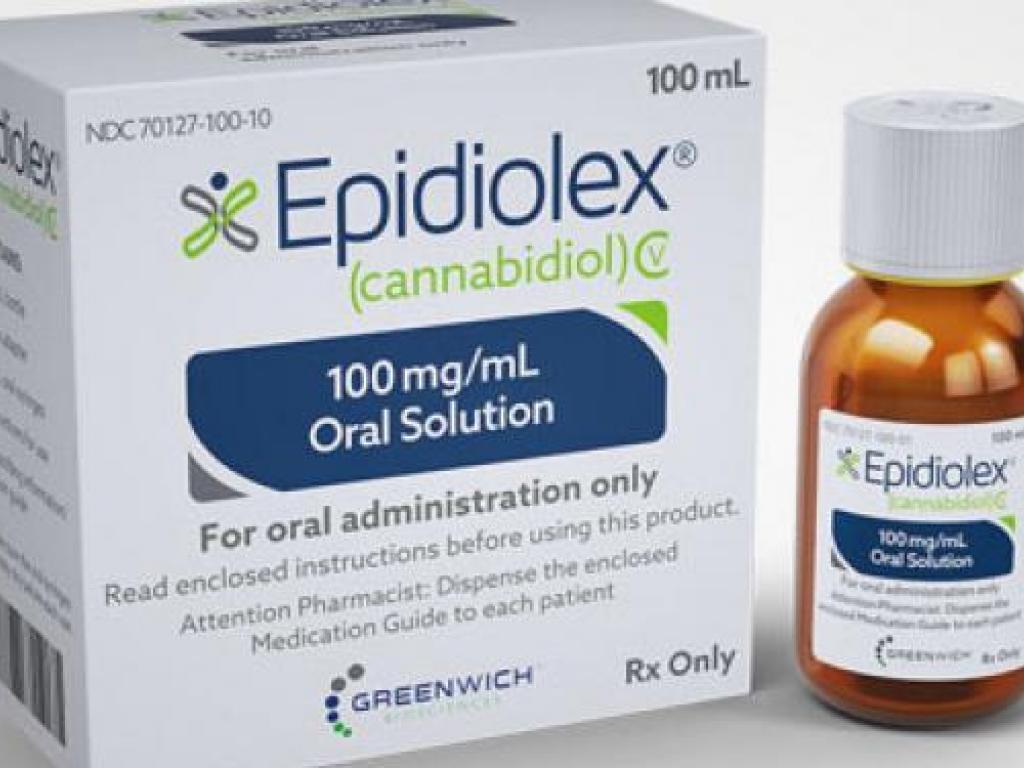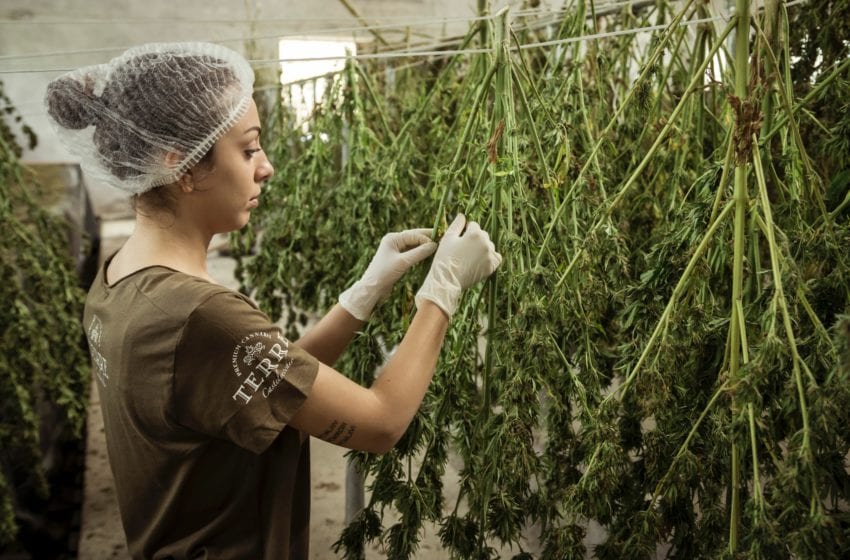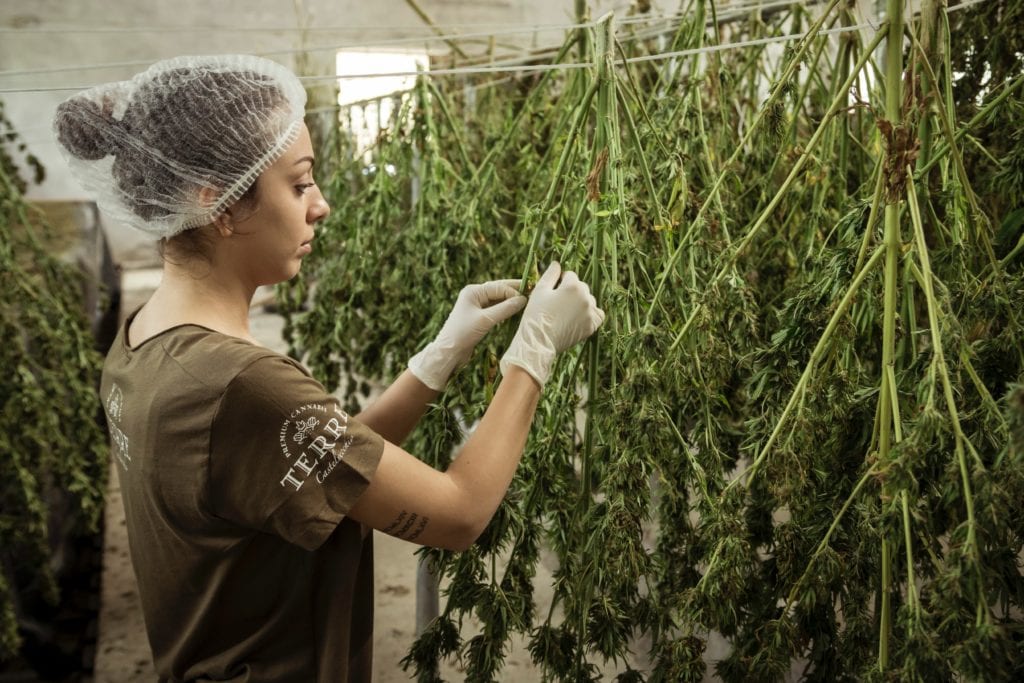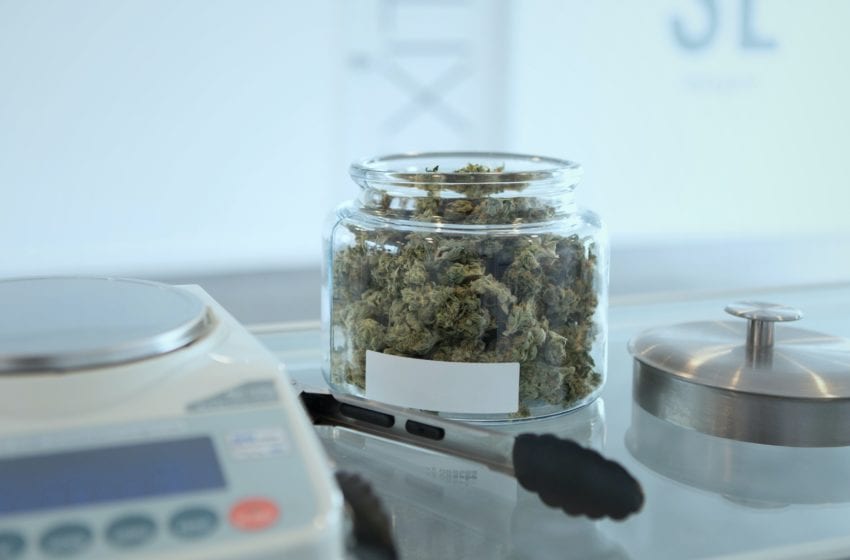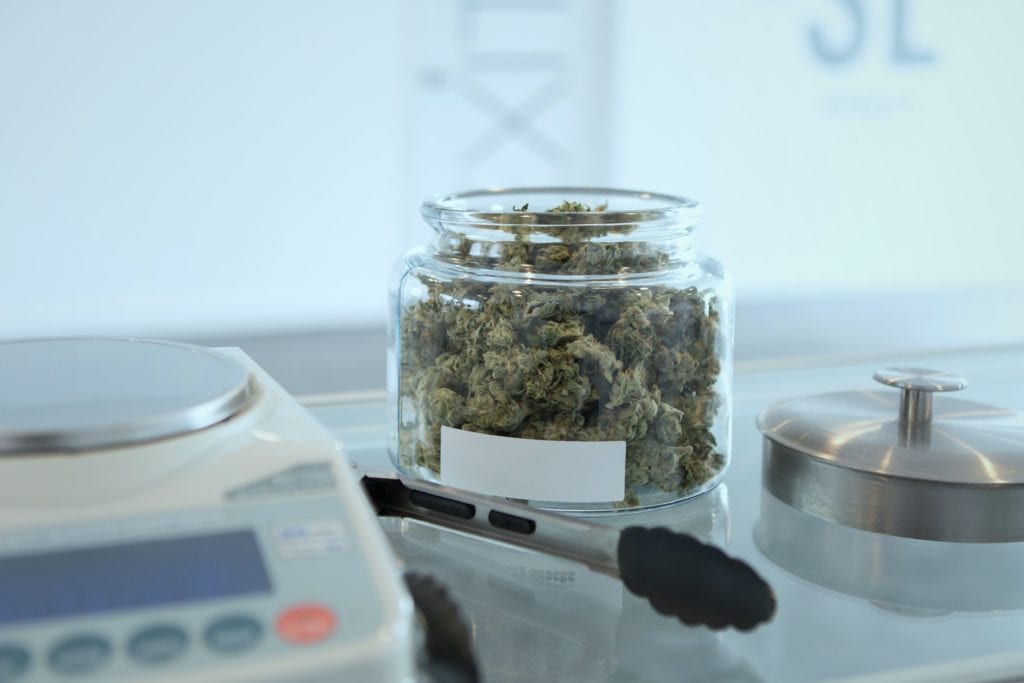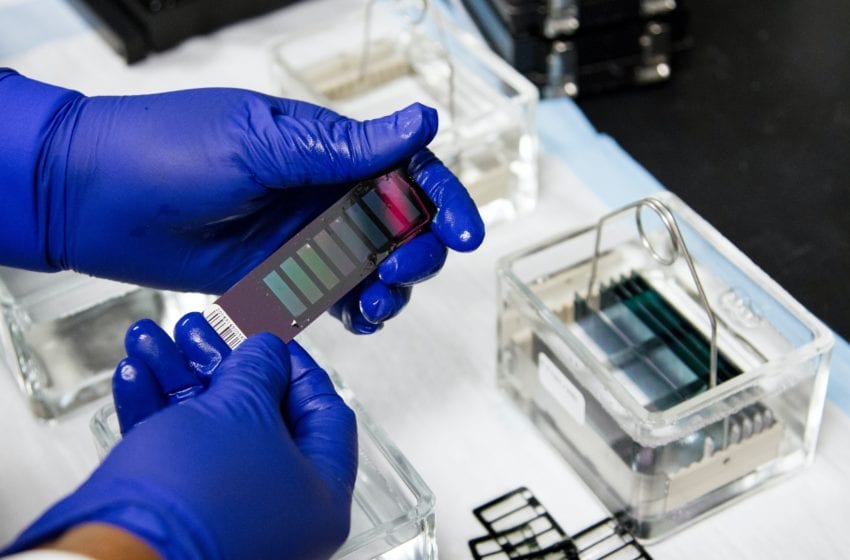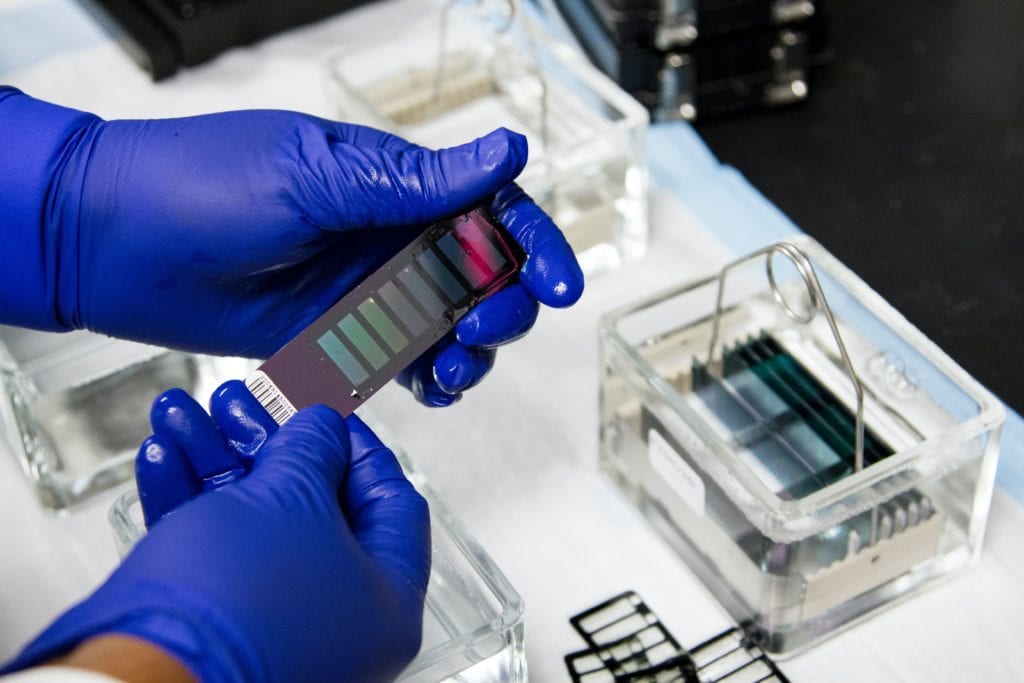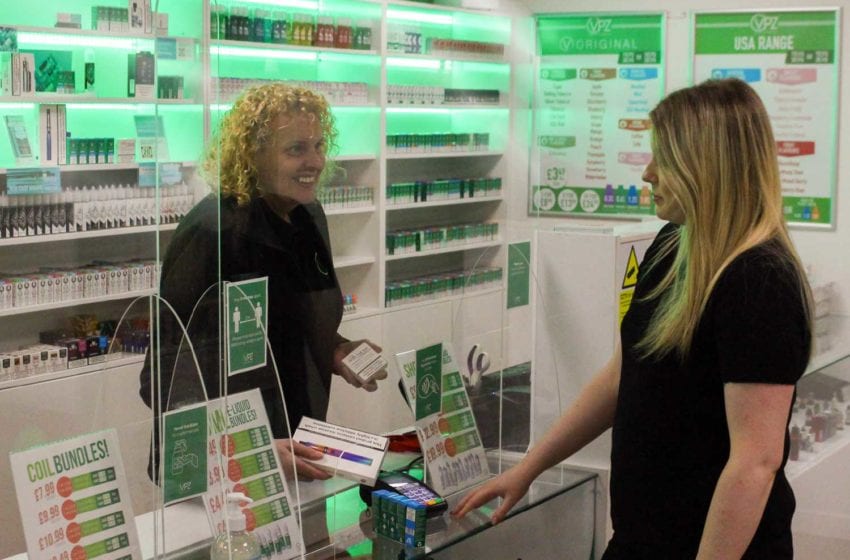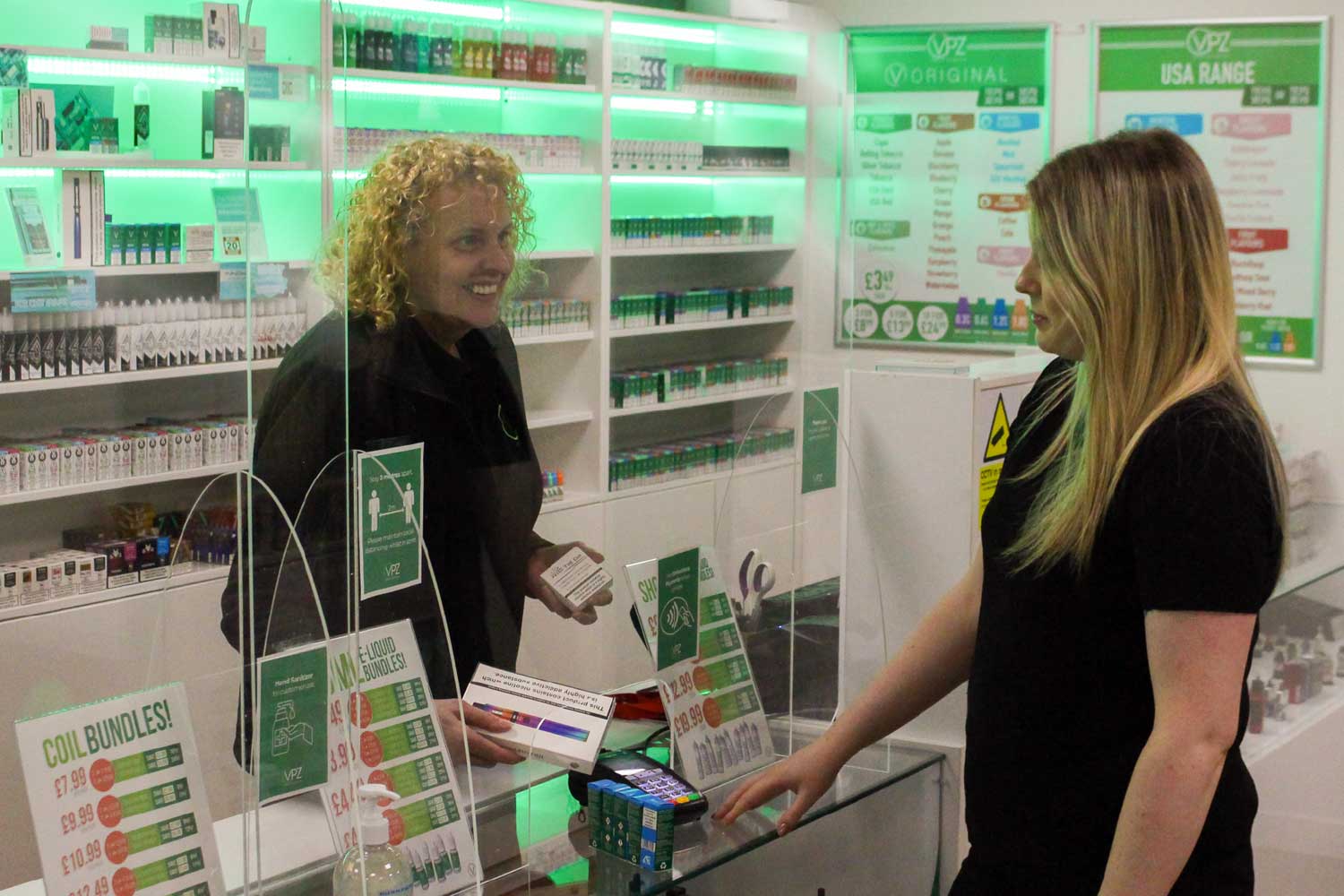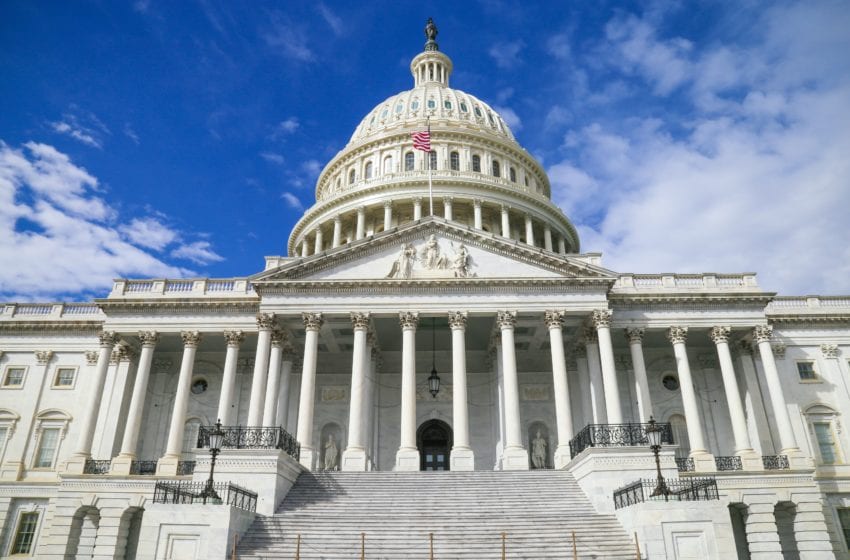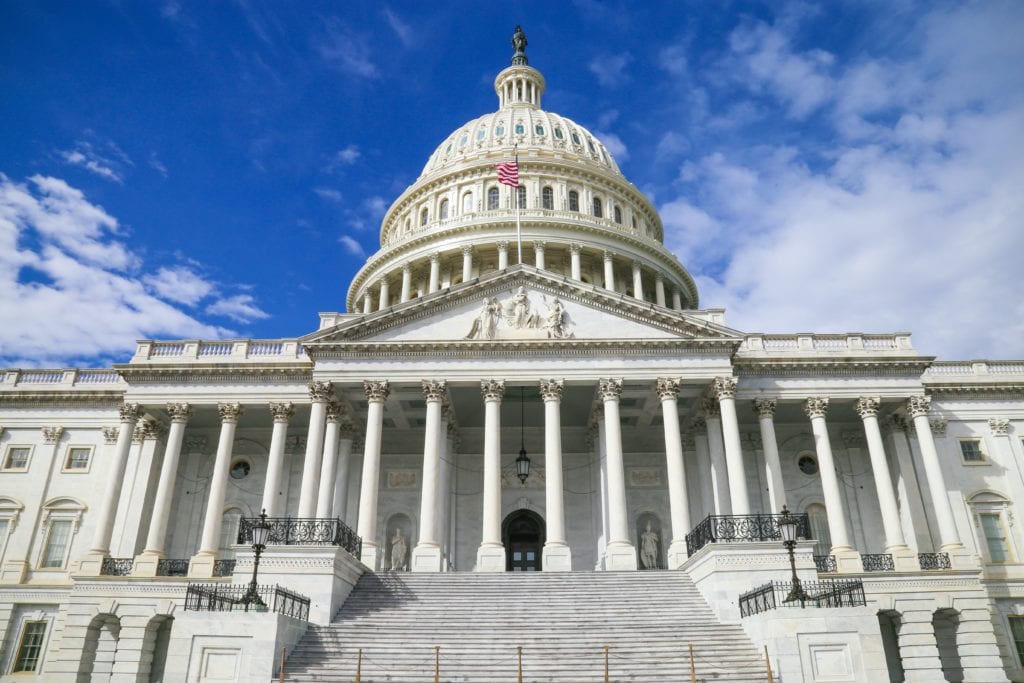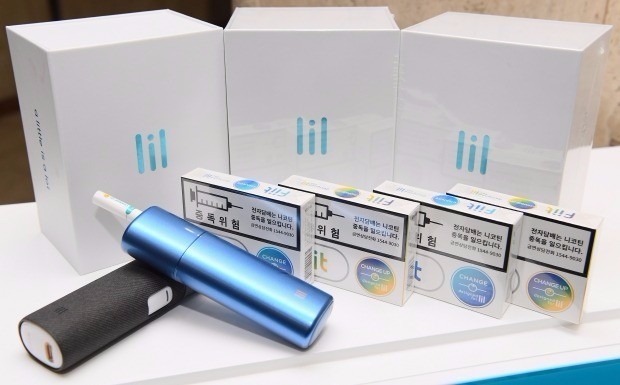
KT&G started exporting its e-cigarette heating devices to Russia last month in accordance with the company’s agreement with Philip Morris International (PMI). The agreement allows the two parties to collaborate on promoting global marketing campaigns, according to a press release.
During a conference call upon the announcement of its second-quarter results, the company confirmed an analyst question that won12.5 billion ($10.54 million) worth of e-cigarette devices were exported to Russia throughout last month. KT&G signed a pact for strategic collaboration with its rival PMI in January, according to a story in The Kores Times.
“It is true that e-cigarette devices were exported last month. We plan to announce further details on the outcome of the PMI deal in the near future,” the company said during the call. The partnership is calling for KT&G to export its “lil” tobacco heating devices and tobacco sticks worldwide through PMI’s global sales network spanning 180 international markets, without specifying which markets the two companies will focus on.
Some questions have persisted over the progress of the deal so far, as no visible outcome has been achieved over the past six months since the agreement was made. However, as exports have now begun, KT&G’s effort to expand its e-cigarette presence is anticipated to pick up momentum.
The export came after heat-not-burn (HNB) tobacco products’ domestic market penetration rate declined for the second consecutive quarter. The rate stood at 13 percent at the end of last year, but declined to 12.6 percent in the first quarter and 12.4 percent in the second quarter. The company, however, said this does not mean a deadlock in HNB products’ growth, citing the expansion in overseas markets.
“From a future business standpoint, the overall heat-not-burn (HNB) tobacco market is expected to grow,” the company said. “When the new products are introduced, the market is bound to grow. While there would be some minor impact from governments’ policies and market events, there is no doubt about the growth trajectory.”



